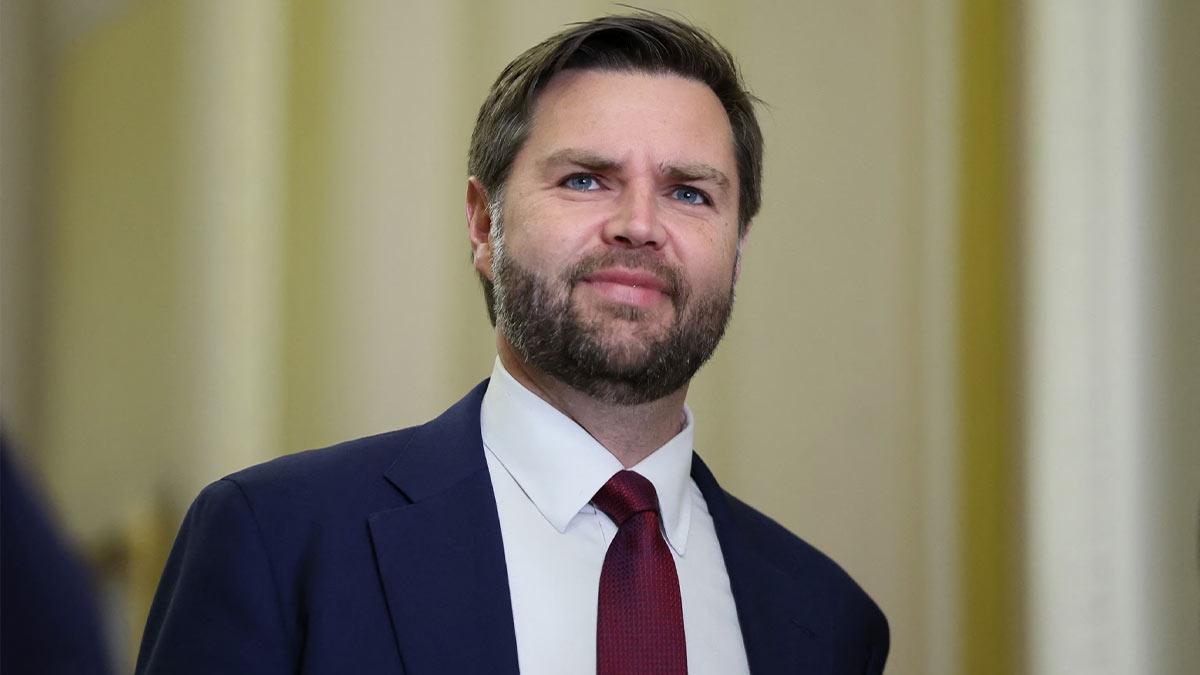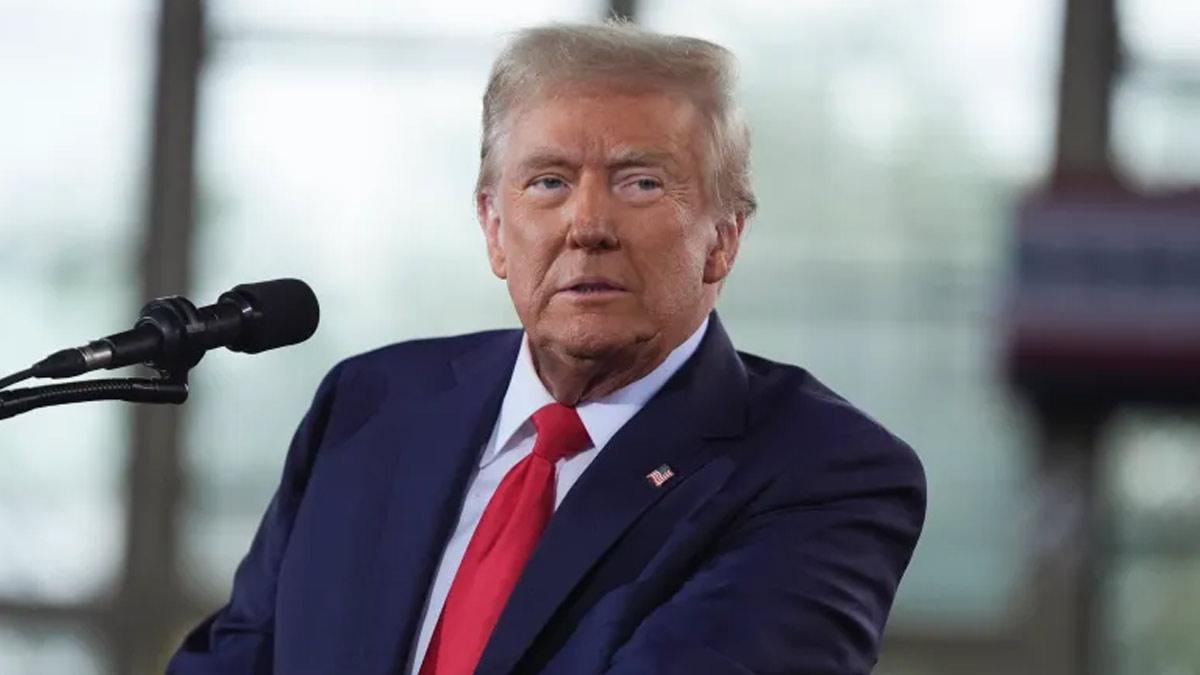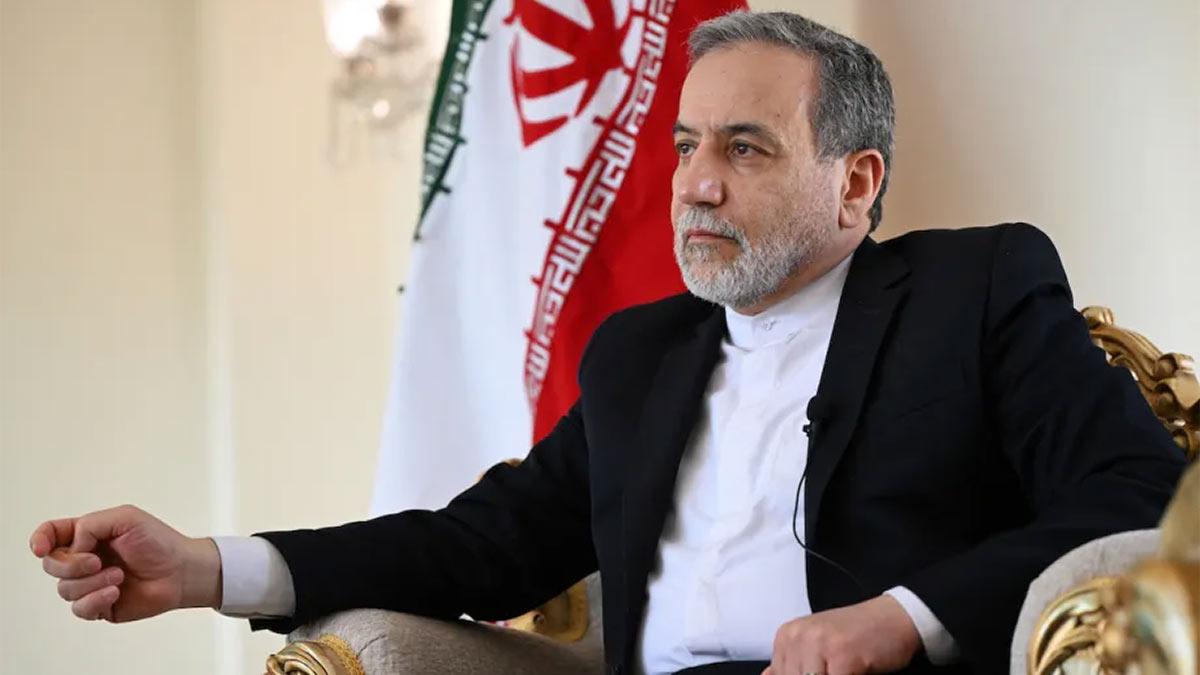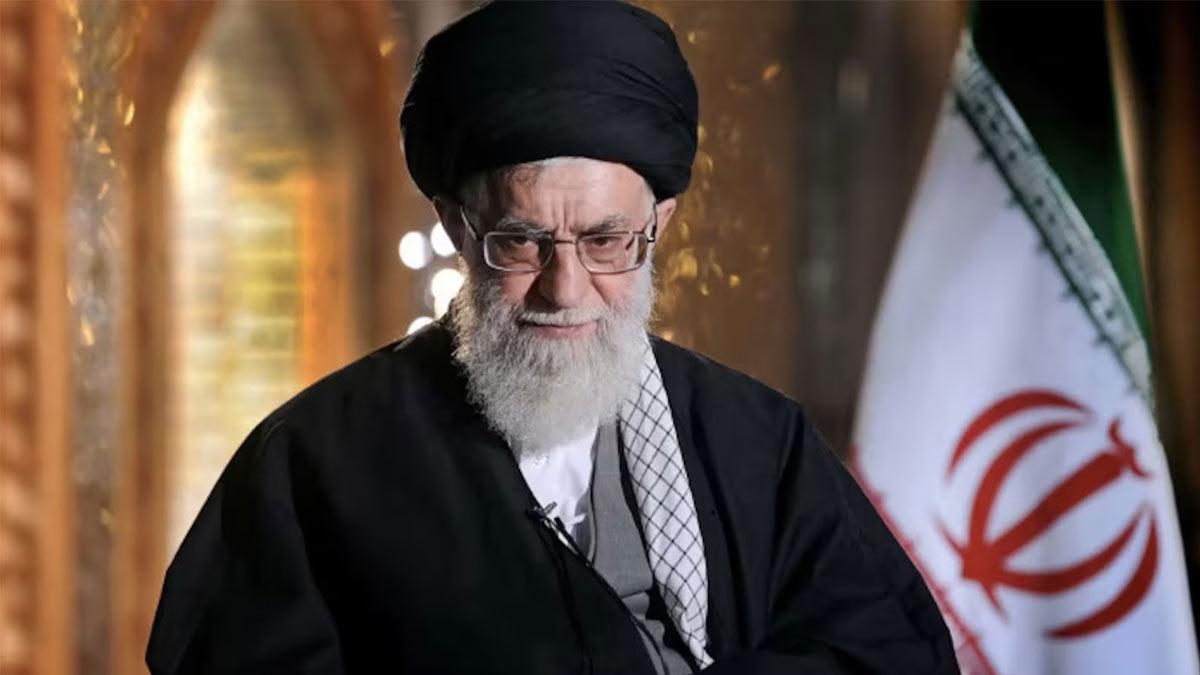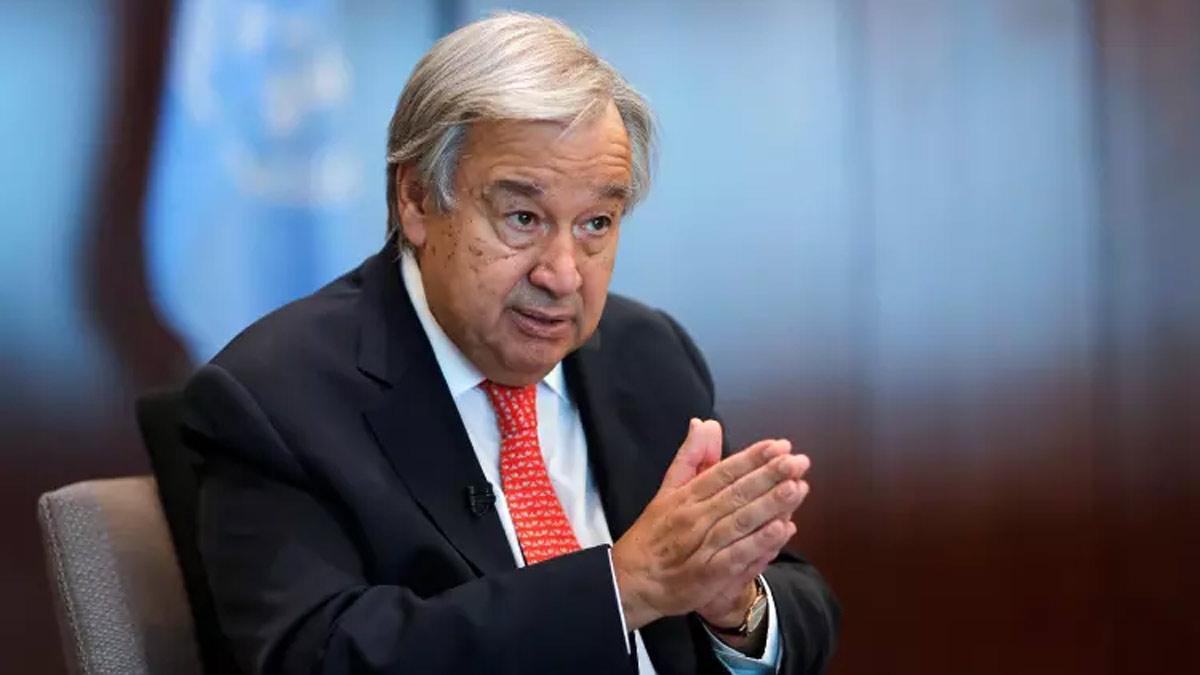U.S. Vice-President J.D. Vance made it clear on Sunday that the United States was not waging a war against Iran itself but was instead targeting its nuclear programme—hanging diplomatic overtures as an option.
President Donald Trump, Vance said, would be willing to negotiate if Tehran was truly seeking a peaceful solution.
"We're not at war with Iran," Vance reiterated in individual interviews. "We're at war with Iran's nuclear programme."
Telling ABC News immediately following the U.S.-sponsored "Operation Midnight Hammer," aimed at three major Iranian nuclear facilities, Vance characterized the military strike as an unequivocal attack designed to undermine Iran's nuclear capability. "I believe the President took firm action to demolish that program last night," he stated.
Vance rejected any suggestion that the U.S. sought to topple Iran's regime. "We don't want to accomplish regime change," he said in the ABC interview, separating the administration from wider military escalation.
Discussing the possibility of diplomacy, Vance said to NBC News, "We didn't blow up diplomacy," adding pointedly, "diplomacy never was given a real chance by the Iranians."
In a sarcastic observation, Vance made a remark about Iran's military inadequacies: "The Iranians are clearly not very good at war." He then made a biting recommendation: "Maybe they should take President Trump's example and try giving peace a chance." Highlighting the American interest to talk if Iran makes the initial move, he stated, "If they're serious about it, I guarantee you the President of the United States is too."
When asked how badly the nuclear facilities at Isfahan, Natanz, and Fordow—targets President Trump said were "completely and totally obliterated"—were damaged, Vance seemed unsure. "Severely damaged versus obliterated — I'm not exactly sure what the difference is," he told ABC News. "What we know is we set their (Iran's) nuclear programme back substantially." He added, "They are much further away from the nuclear programme today than they were 24 hours ago."
Vance also dismissed accounts that Iran's Parliament voted in favor of closing the Strait of Hormuz, an important conduit in international oil commerce. "If they wish to damage their own economy and create disruptions around the world, I suppose that would be their choice," he said in an interview with NBC. "But why would they do that? I don't believe it makes any sense.
In the meantime, Secretary of State Marco Rubio, in a Fox News interview, appealed to Beijing to discourage Tehran from making any such attempt. "I would encourage the Chinese government in Beijing to call them about that, because they rely very much on the Strait of Hormuz for their oil," he said.
Rubio also issued a dire threat to Iran, calling for no retaliatory action. "It'll be the worst mistake they've ever made," he warned. "We're not seeking war in Iran, but if they attack us, then I believe we have capabilities they haven't even seen yet.
Read also| Putin and Xi Highlight G7 Discord in Phone Call During Summit

